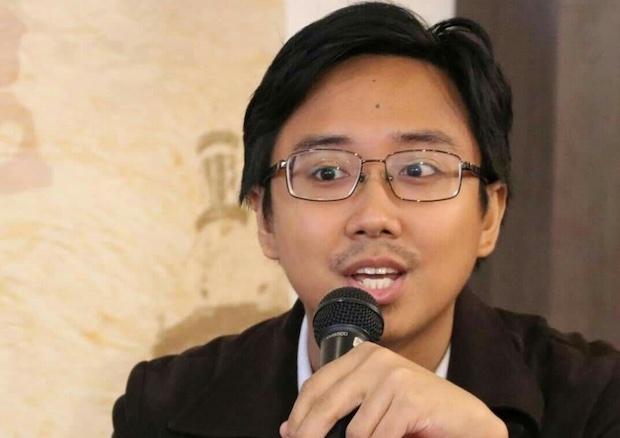Solon wants SIM card registration suspended after hacking of gov’t sites

MANILA, Philippines — The implementation of the subscriber identity module (SIM) card registration should be suspended for now after several government sites were hacked, Kabataan party-list Rep. Raoul Manuel said in a statement on Tuesday.
“This forced gathering of online data of Filipinos through SIM card registration has to be stopped. After the series of data hacks, unless the administration can show that they can safeguard our country’s cybersecurity, we cannot entrust public data with them,” Manuel said in Filipino.
“Most of the SIM cards of Filipinos are connected to their social media accounts, messaging apps, and online banking. These are sensitive personal data, and it’s dangerous if criminals get a hold of this data, and expose it.”
There have been three cyberattacks against government sites just this October — first, the Philippine Health Insurance Corp. (PhilHealth), then the Philippine Statistics Authority (PSA), and later the House of Representatives.
Under the SIM Registration Act signed by President Ferdinand Marcos Jr. in October last year, mobile phone users are required to provide proof of identity before being allowed to use SIM cards to deter fraudulent activities.
While the cyberattack against the House website did not appear to be too serious — as it was only defaced — the same cannot be said for PhilHealth and PSA.
Article continues after this advertisementAccording to the National Privacy Commission (NPC), more than 730 gigabytes worth of files were leaked during the PhilHealth hacking — said to be the largest since the data leakage at the Commission on Elections.
Article continues after this advertisementAt the PSA, hackers leaked financial information of people in poor communities, or data from the Community-Based Monitoring System (CBMS).
While PSA maintains that the financial data hacked from its system was not as extensive as the data obtained by the agency from other surveys, several lawmakers were still alarmed.
The CBMS was created by Republic Act No. 11315, which mandated government agencies to collect, process, and validate disaggregated data that can be used to plan programs for poverty-stricken areas. Basically, the CBMS contains data on households targeted by the government for poverty alleviation programs.
Manuel made this suggestion on how the issue could be addressed: “We should strengthen the data protection mechanisms of the government, and the key to this is providing support to our homegrown IT specialists. It is clear that we need this, and we do not need confidential funds to do this.”
Earlier, House Secretary General Reginald Velasco announced that the lower chamber voluntarily took down its website again after new suspicious and unusual activities were seen.
This comes just hours after the House website was restored, after being defaced over the weekend by hackers.